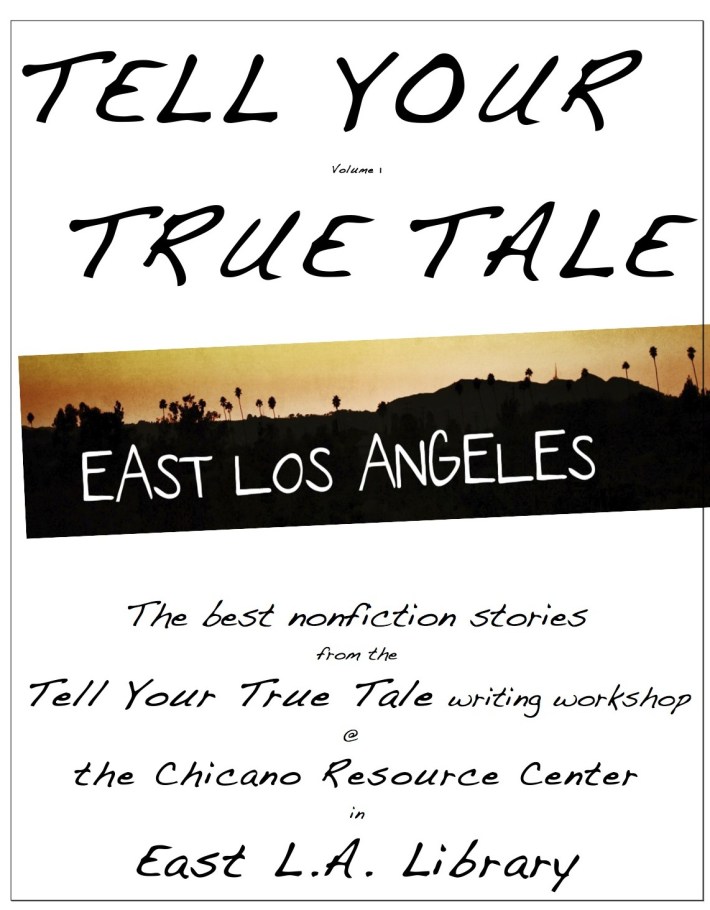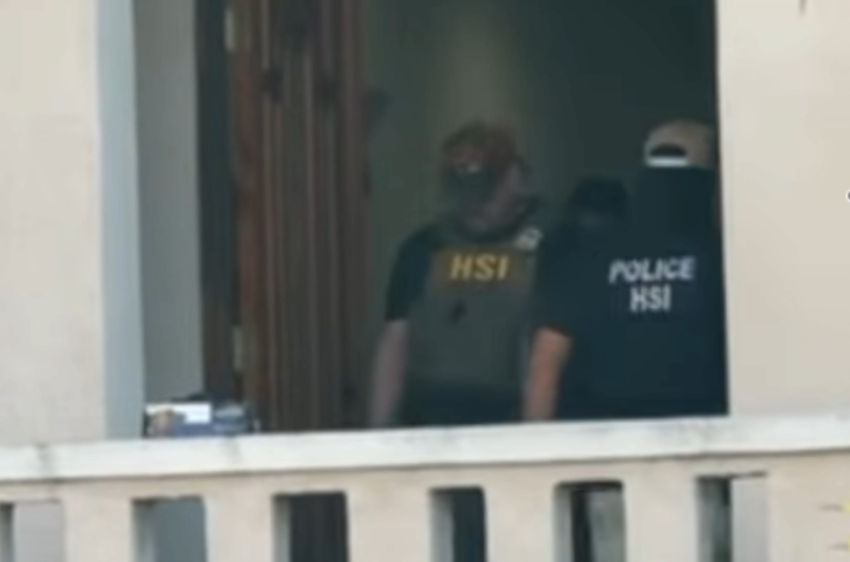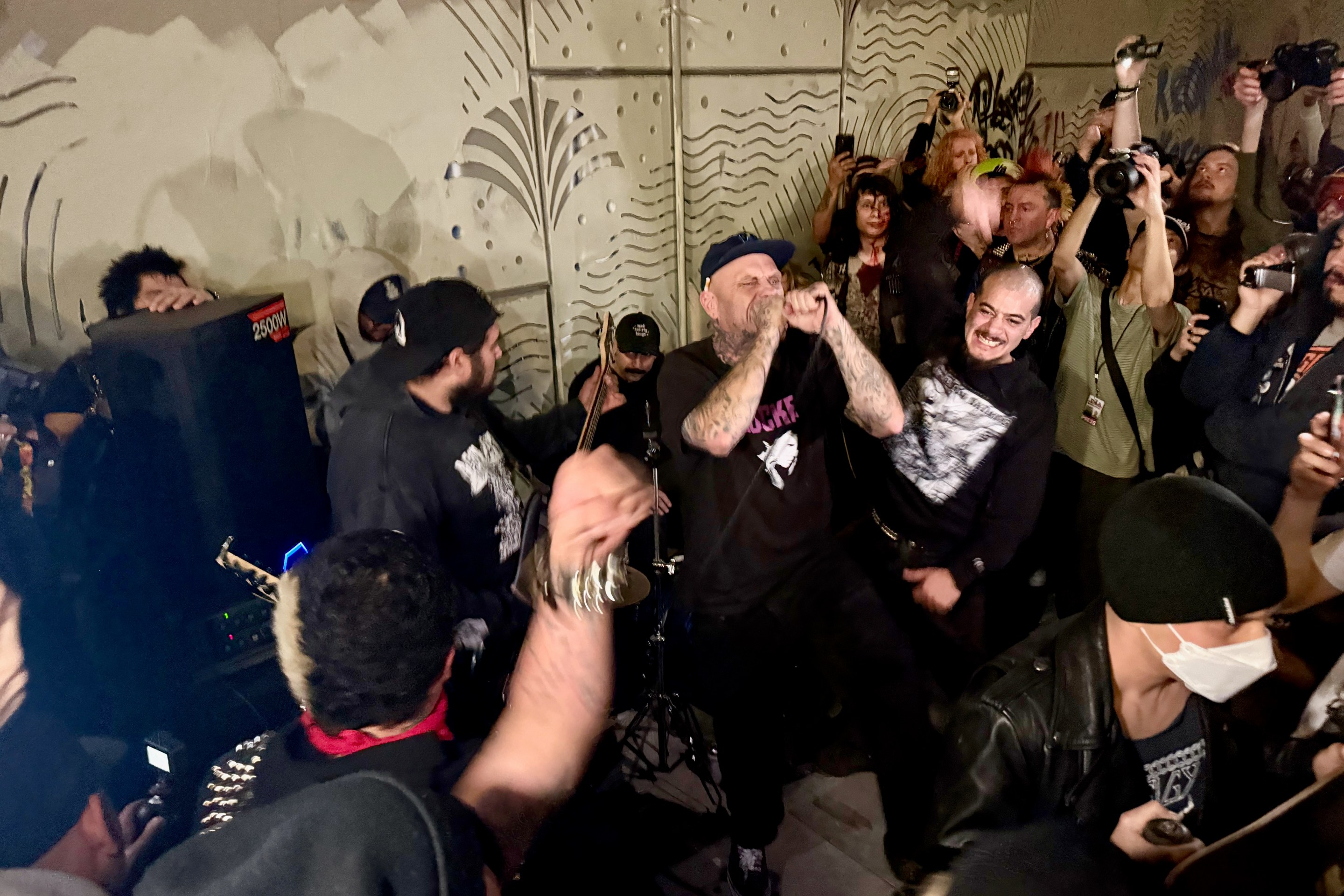Tell Your True Tale is a project by author and journalist Sam Quinones, where he works with authors who have never been published and helps them tell their stories. You can read more on his website, and you can buy the first edition of collected True Tales from Amazon here. Interested in learning more? You can also attend a TYTT Workshop.
CARMEN
BY JACQUELINE GONZALEZ REYES
The summer of 2009 I spent in Houston working with janitors as they fought to renew a union contract.
That July 4th , local pastors held a press conference supporting the janitors. Several union janitors were asked to attend.
That’s when I met Carmen Sanchez. I picked her up and drove her to the event. Carmen was our shortest member, in her sixties, direct, well groomed. She was from Chihuahua, Mexico. She was always at union events. She’d been a janitor for 12 years.
That afternoon, driving her home, my car got a flat tire. I called AAA, but it was clear that due to the holiday help would be a long time coming.
So it was that I found myself with Carmen Sanchez in the middle of downtown Houston on July 4th.
I thought I’d just get Carmen a cab and have her on her way home. But she refused.
“I don’t have anyone waiting for me at home,” she said.
That day, Houston dripped with humidity. She took out a jug of ground-oatmeal water.
“Don’t look at it like that. That water saves lives.”
I smiled and drank.
“Whenever it gets this unbearable, I go to my nearest department store and cool off,” she said. “We’re just blocks away from J.C. Penney. You want to go?”
Sure, I said. AAA was going to call when their truck was on its way.
We walked to Carmen’s J.C. Penney. The air conditioning hit us like an arctic blast. We walked every aisle of that store.
Carmen slowed when we came to the makeup. This lipstick is the best, she said. Ruby red. She wore it everyday for work.
“In the office where I work, I figure I have thirty minutes where the executives and I exchange eyes. They get dressed up, so why shouldn’t I? If they take time to look good on the job, so do I.”
We walked through the shoes.
“I prefer copper brown shoes when I work,” she said. “That color best matches my work uniform.”
She wore a uniform every day. Shoes and makeup were all that were hers at work.
We passed the Bath and Body Works Store and tested the seasonal lotions. Then we talked lady stuff – my favorite lipstick, her favorite recipes, and men she recommend I date.
“Why do you do this type of work?” she asked. “Wouldn’t you prefer to date and be a bit mischievous while you can?”
Before I could speak, she said, “No need to answer now --that’s your homework.”
She began to talk about her life.
When she was young, she had a daughter, then a son. She separated from an abusive husband.
To offer her children a future, she left them with her husband’s sister and took a train to the border and crossed into the United States using a phony ID. That was in 1978. She went first to Washington D.C., but with no Latinos in the capital, she didn’t feel comfortable. She moved to Houston.
Living on minimum wage jobs made it hard to ever get back home. But she wired money to her children in Chihuahua every week.
“One week the money would go to my kids’ necessities; the next week to save for the `coyote,’” who would someday take her children across to join her.
Then one day she called home and no one answered.
She called from different phones. Still no answer. She kept calling. She waited six months and went to Mexico. In her town, her mother told her that her kids now ran away from her when they saw her.
Carmen went to the house and knocked. No answer. She waited outside her children’s school – they were teenagers by now. They saw her and ran away. Carmen broke down crying. She stayed for a month and her children refused to see her. A neighbor sent her a message, No quieren saber nada de ti. No one wants to know anything about you. The coyote fund you were sending money to we used for a family emergency.
Carmen returned to Houston. That was in 1988 and she hadn’t seen or talked to her kids since then – except once. She continued to call the number she had for her children’s aunt. Then one day her daughter answered.
“It’s your mother,” Carmen said. There was no response. Silence.
“Okay, don’t say anything. Just give me a minute and don’t hang up. I just want you to know I love you and never stop loving you.”
A minute later the phone went dead.
Later, they changed their number. She kept calling her mother. Go to the house, Carmen pleaded, bring them cookies.
Tightened security on the border and low wages in Houston kept Carmen from ever traveling back to Mexico. She couldn’t attend her mother’s funeral in 1995 and still wasn’t over that.
But for 20 years, she never stopped wiring money to the same account for her children that she’d always used. Every month the bank told her that the money had been picked up.
She still sends the money, she told me, even though the kids are now adults and they haven’t spoken since they were in elementary school. An older aunt is the only family she has left in Chihuahua who still talks to her.
“Perdi todo” she said. “I lost everything and I don’t know why. My mom, my kids. I even didn’t take the opportunity to get amnesty.”
In her neighborhood when amnesty for illegal immigrants came around, so did a lot of fraud, and people pretending to be attorneys. Money was tight, too, and she no longer trusted anyone.
“If I can’t trust my own family …” she said, her voice trailing off. “I’m in a foreign land. If it’s meant to be, it’s meant to be.”
Night fell and by then we were sitting on a curb near the parking lot. The AAA guy had finally shown up.
We spotted a hot dog vendor and treated ourselves to hot dogs and chips.
As the AAA guy worked, we ate and watched fireworks explode in the distance.
“Ahh, I liked that one, the three-colored firework!” Carmen said. “Now that was worth the wait.”
Reprinted with permission. Click the book cover below to learn more about the collected stories.











